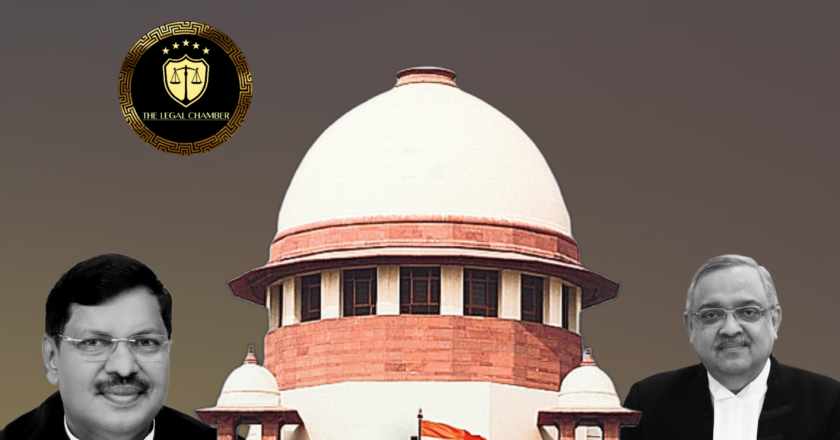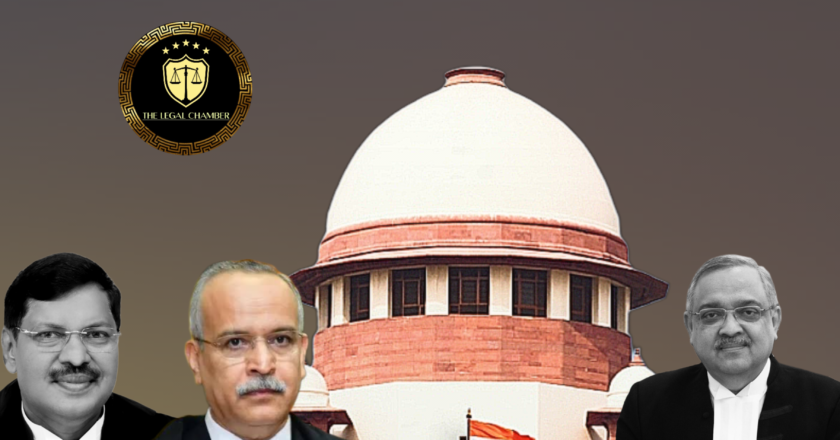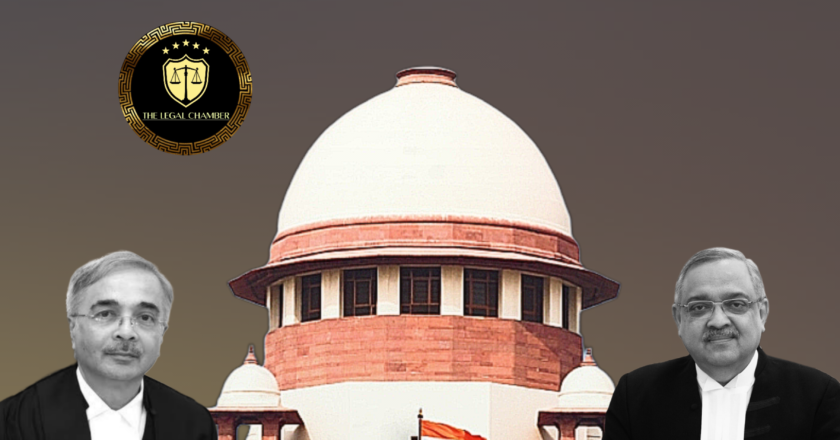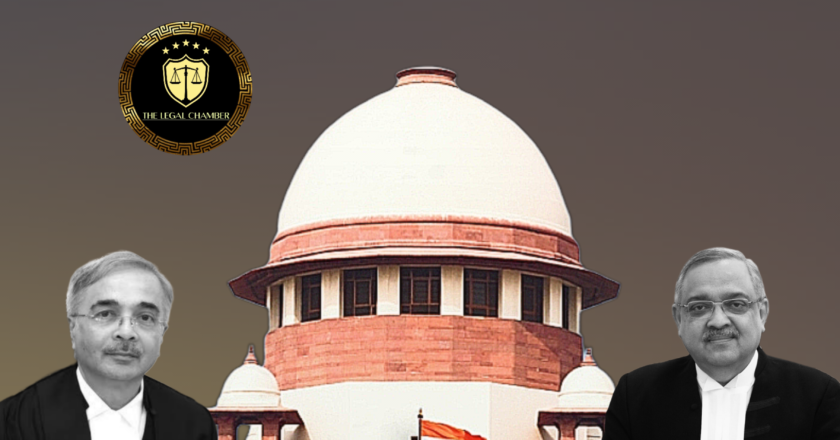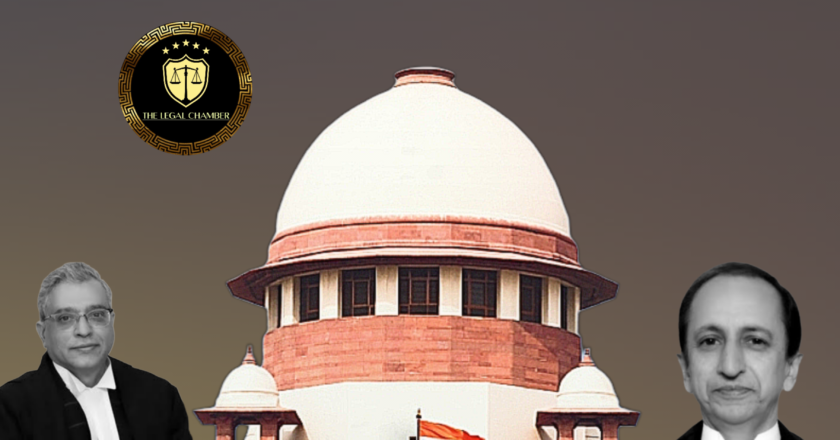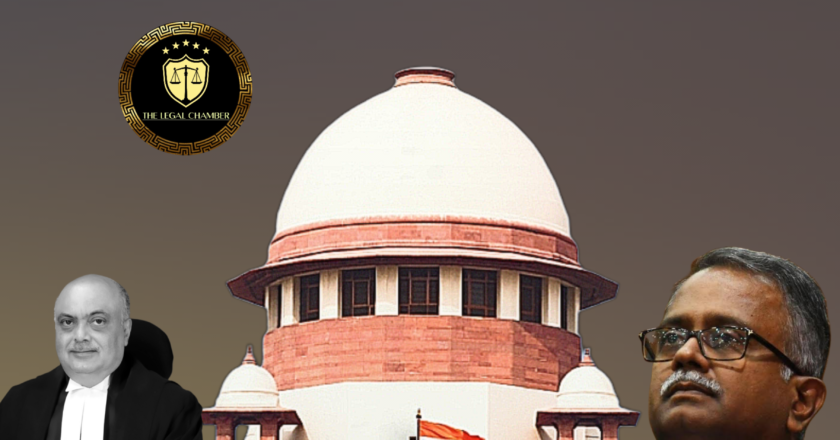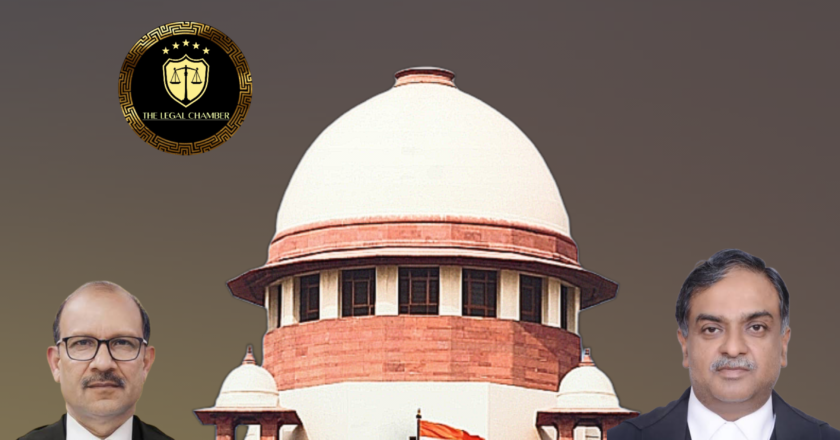Supreme Court Upholds CCI’s Power: No Second Notice Needed Before Imposing Penalty
This Supreme Court judgement clarifies that the Competition Commission of India (CCI) is not mandated to issue a second, separate show-cause notice specifically proposing the penalty. A single notice, which forwards the investigation report alleging contravention and invites a reply, constitutes sufficient compliance with natural justice. The legal scheme envisages a consolidated hearing on both liability and penalty, with the appellate body serving as a check against disproportionate penalties.
Facts Of The Case:
An information was filed with the Competition Commission of India (CCI) by M/s Crown Theatre against the Kerala Film Exhibitors Federation (KFEF) and its office-bearers. The complaint alleged that KFEF, along with its President and General Secretary, engaged in anti-compe...

